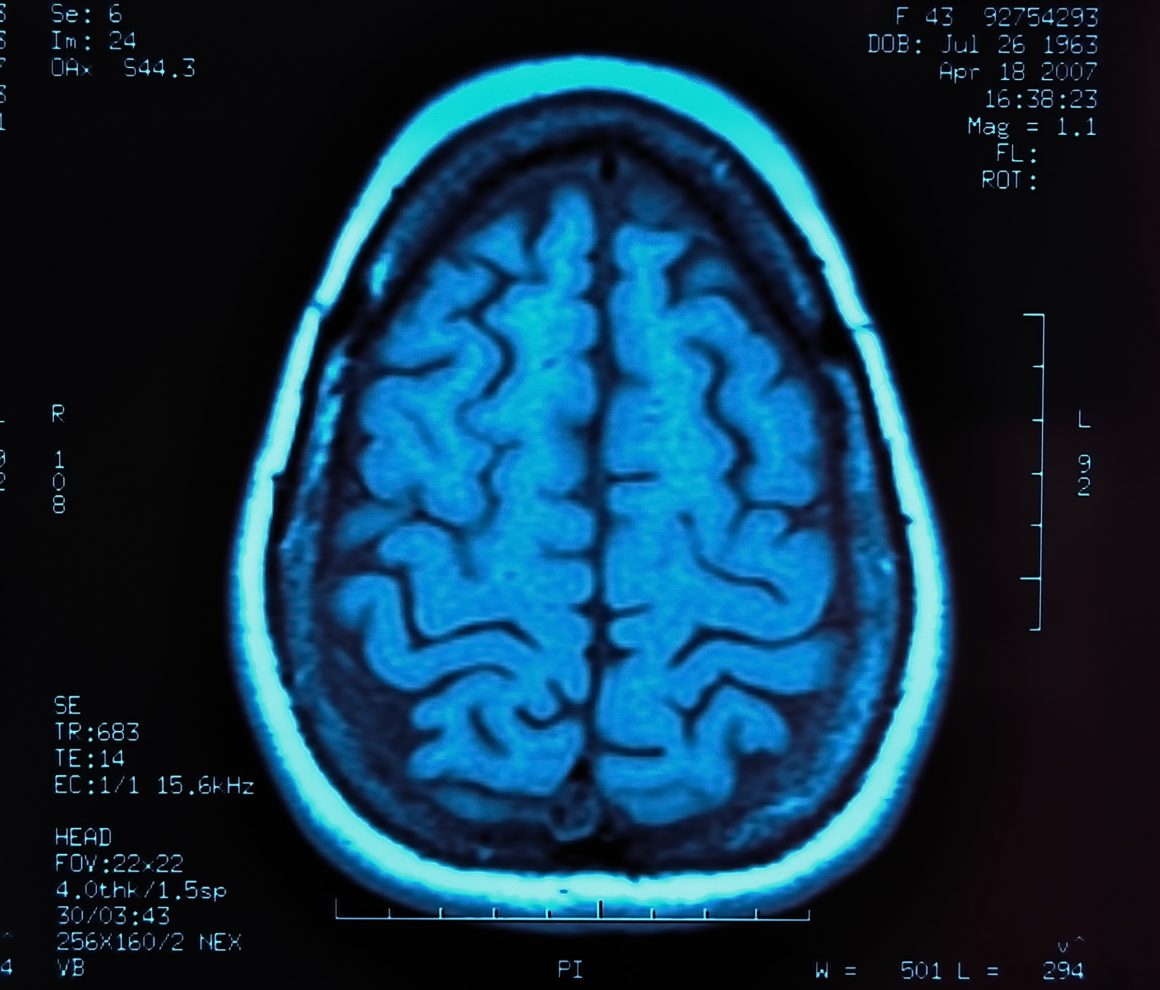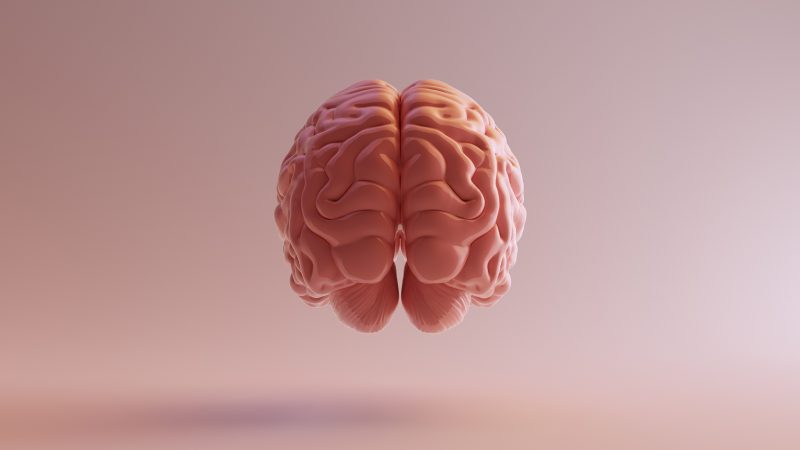The health implications of being overweight are well known and understood for the body, but when it comes to the brain, it turns out your brain volume and body weight may be more closely tied than you’d expect.
Recent studies looking at brain scans have revealed that an excess of body fat is linked to a reduced amount of gray matter in the center of the brain. Gray matter is the tissue which contains nerve cells and is the part of the brain involved in muscle control and sensory perception.
A study published in the journal Neurology focused on the association between measurements in hip to waste ratio, body mass index and brain volume. Researchers confirmed that the leaner the person, the more gray matter present in their brains, a trend that held true regardless of the subject’s status in other areas that impact brain size such as age, exercise habits, mental health history, education and whether or not they were a smoker.
Another impact that scientists have been curious about is the effect on cortical thickness. In other words, the thickness of the cerebral cortex, which is essentially a sheet of neurons that covers the outer portion of the brain and the regions involved with the central nervous system. While there has been speculation that weight loss could help increase the thickness of the cortex, in reality the science does not show that this is necessarily true, according to study published in the journal NeuroImage: Clinical.
That study concluded that the gray matter gains were limited to the left hemisphere and that the “degree of change in BMI was also not significantly related to degree of change in volume, suggesting that weight change in general may result in increases in volume.”

How Fitness Effects the Brain
Research has long linked obesity and the shrinkage of gray matter to the development of dementia and other neurocognitive disorders.
Being obese can also wreak havoc on hormonal regulation and healthy immune functions which in turn can cause inflammation that contributes to the development of cognitive dysfunction, particularly losses in organizational abilities such as strategizing. A study from the Journal of Clinical Endocrinology & Metabolism suggests that weight loss surgery for severely obese patients can have a positive effect on restoring the brain’s abilities to perform these functions and significantly reduce the risk of developing some conditions such as Alzheimer’s.
While researchers have only been able to speculate as to why this is, there is some belief that the chemical changes within the brain of an obese person set off a sort of domino effect. For example, obesity increases insulin resistance, a big risk factor in the development of Alzheimer’s disease. Additional risks include obesity’s impact on hormones, many of which if not regulated can negatively affect the brain.
The Brain’s Impact on Weight Loss
As it turns out, it’s not a one way street. Exercise effects the brain, but according to an article published in the journal Obesity, the brain effects our ability to lose weight as well. Researchers were able to successfully use gray matter volume as a predictor of a person’s ability to lose weight, though the same does not apply to white matter in the brain.
